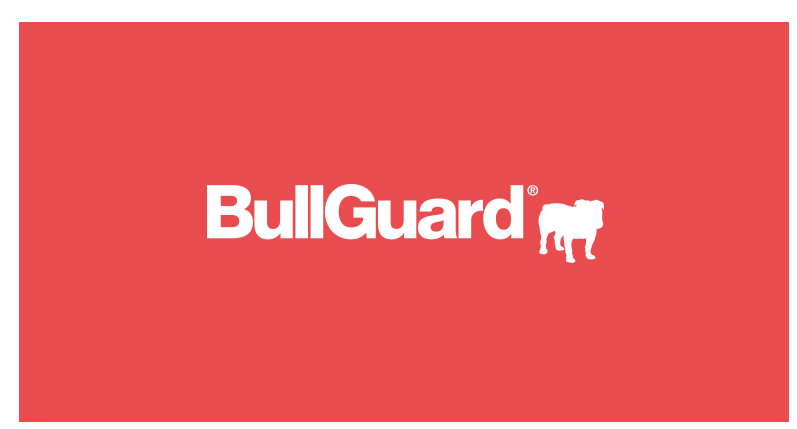A virtual private network (VPN) is essential to safeguard your privacy online. It provides an encrypted tunnel through which your data securely travels when you access a website or online service such as banking and shopping.
This is particularly important when using public Wi-Fi. These wireless hotspots are really useful and many people make good use of them especially when staying in hotels, sipping a latte at a coffee shop or waiting for a flight in an airport.
However, you may have noticed when using one of these wireless hotspots that the network is described as ‘open’ and you get a little pop up box telling you it’s not secure. Essentially this means that your data such as passwords, payment card details and bank account numbers can be seen by anyone who is ‘snooping’ on the network such as hackers.
Another danger is that hackers can, and do, set up ‘fake’ public Wi-Fi hotspots. They do this to lure people into thinking it’s a genuine network so when someone makes a purchase online, or enters their email account password, the hackers can steal the information.
A VPN keeps you safe from this type of malicious activity by encrypting your data. BullGuard VPN, for example, provides military grade encryption which is another way of saying it would take more than a lifetime to crack and access your data. This certainly puts hackers off.
So why don’t people use VPNs? Some do but most appear to be put off by perceived complexity. A survey of 2,000 Brits by BullGuard revealed that 57% of respondents don’t know how to use a VPN or they think that it’s too complicated. Perhaps this accounts for why 60% of respondents also said they don’t use a VPN.
This is ironic because a VPN doesn’t need to be complicated. BullGuard VPN, for instance, is disarmingly easy to use. You simply download and install it on your device, whether a computer or smartphone, and it runs silently in the background keeping you safe when you connect to a public wireless hotspot.
Tips for staying safe on public Wi-Fi
- Be aware that antivirus doesn’t keep you safe on public Wi-Fi. It protects you from malware but it doesn’t encrypt your data which means snoopers and hackers can see it if they are looking.
- If you are not using a VPN, avoid entering passwords, making purchases or checking bank accounts. You never know who’s snooping.
- Ensure that the wireless network you are connecting to is legitimate. Hackers will often set up fake hotspots with similar sounding names to the genuine networks. If you’re not sure ask a staff member in the establishment where you are accessing the network.
- If your device is set to automatically connect to the strongest Wi-Fi signal or to automatically connect to Wi-Fi hotspots it has used before, be extra careful. When you first choose a hotspot you may accidentally choose a fake network. You would be safer by turning off ‘automatic connection’ and connecting manually when you want to connect to a wireless hotspot.

Source: https://www.bullguard.com/blog/






